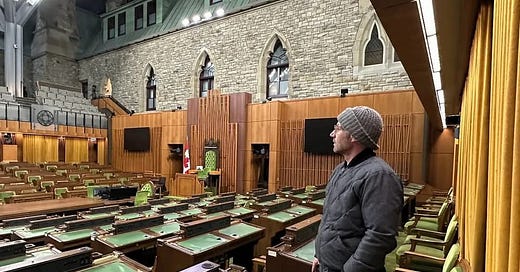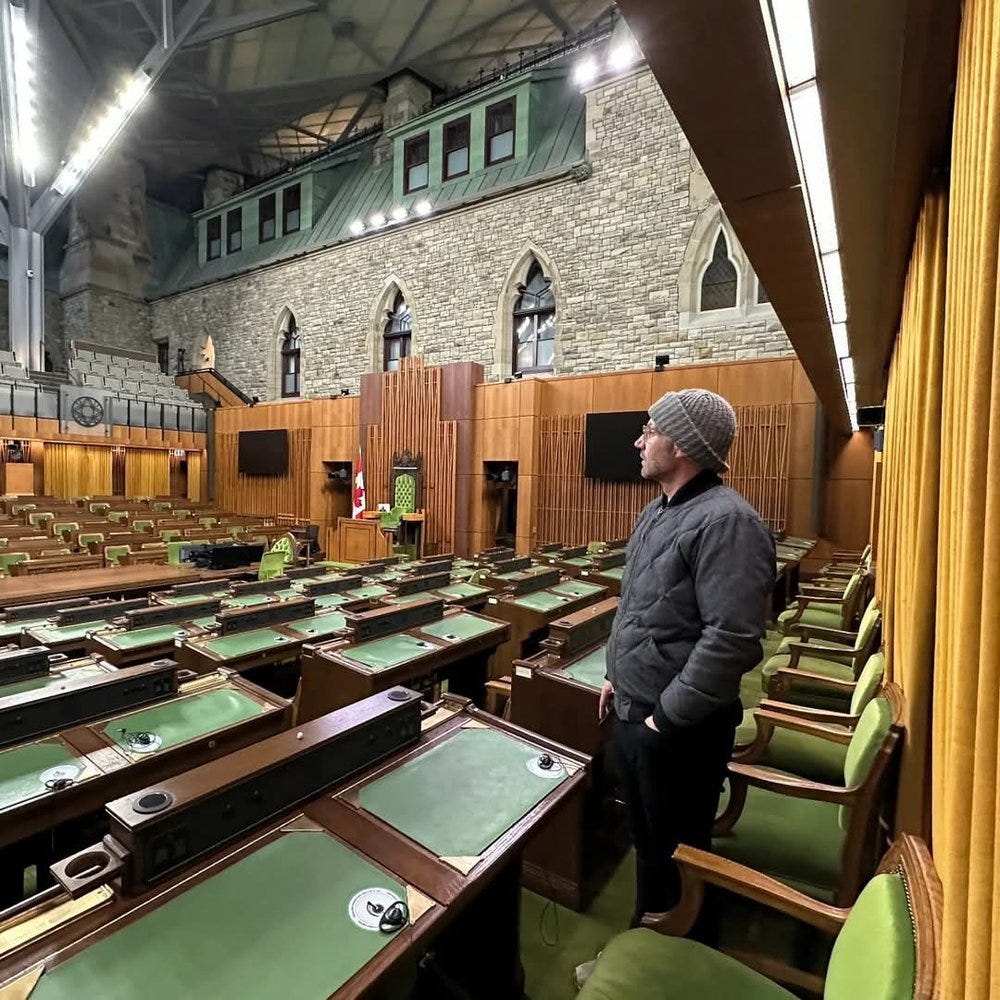Canada’s House of Commons: A Sacred Space for Peace, Order, and Good Government
There is a profound sense of gratitude that comes with stepping into Canada’s House of Commons—a space where the nation’s heart beats, where voices rise in debate, and where the ideals of peace, order, and good government shape our collective future.
As we sit within these historic walls, we are reminded that democracy is a privilege, a responsibility, and a gift. The House of Commons is more than just a chamber—it is a sacred space where Canadians, through their elected representatives, contribute to the evolving story of our nation.
A Sacred Space of Democracy
The House of Commons, located in Parliament Hill, Ottawa, is a monument to democracy, justice, and national unity. Every seat in this chamber represents the hopes and concerns of the people, and every voice raised in debate echoes the dreams of millions.
1. Rituals and Traditions That Define It
From the ceremonial Mace, symbolizing the authority of Parliament, to the opening prayer that acknowledges our shared commitment to service, the House of Commons is a place of deep respect and tradition. It is humbling to witness these rituals, knowing they have guided generations of leaders in shaping our country.
2. The Speaker’s Role in Maintaining Order
The Speaker of the House serves as a guardian of fairness, ensuring that every debate remains rooted in respect, dignity, and democratic principles. Their role preserves the integrity of governance, ensuring that all voices are heard.
3. A House for All Canadians
Regardless of political views or regional differences, the House belongs to every Canadian. Whether visiting in person or watching from afar, one can feel the energy of a living democracy—a space where the past, present, and future of Canada converge.
To sit in the House of Commons is to feel the heartbeat of a nation. It is a space where gratitude fills the air, reminding us that our rights, freedoms, and opportunities have been carefully built over generations.
Peace, Order, and Good Government: The Foundation of Canadian Democracy
The phrase “peace, order, and good government” (POGG) is more than just a constitutional clause—it is the foundation upon which Canada thrives. Unlike other democratic models that emphasize individualism above all, Canada’s governance is built on the belief that a strong nation balances the well-being of all its people.
1. Peace: A Gift to Be Cherished
Canada’s global reputation as a peaceful nation is no accident. It is the result of decades of diplomacy, reconciliation, and a commitment to resolving conflicts through dialogue. To witness laws being debated in the House reminds us how fortunate we are to live in a country that values peace as a guiding principle.
2. Order: The Strength of the Rule of Law
Order in governance ensures that Canada remains a nation of fairness, justice, and accountability. It is humbling to sit in a chamber where policies that protect rights, uphold freedoms, and foster progress are shaped every day.
3. Good Government: A Responsibility We All Share
"Good government" is not just the duty of elected officials—it is a collective responsibility. Watching Parliament in action, we are reminded that democracy only thrives when citizens engage, question, and participate.
To be part of this process, even as an observer, is to recognize the immense privilege of living in a country where governance is transparent, accountable, and dedicated to the common good.
A Future Built on Gratitude and Engagement
While the House of Commons stands strong, it is not without its challenges:
Partisan divisions can test the unity of Parliament.
Public trust in institutions must be continually nurtured.
Technological and social changes are redefining how democracy functions.
Yet, in the face of these challenges, one thing remains true: Canada’s democracy endures because people care.
Gratitude fuels engagement. When we appreciate the rights and freedoms we enjoy, we are more likely to protect and strengthen them. Whether through voting, civic discussions, or advocacy, we all have a role in ensuring that peace, order, and good government continue to define our national identity.
Conclusion: A Space of Deep Reflection and Gratitude
Sitting in the House of Commons, one cannot help but feel a profound sense of thankfulness. This chamber, filled with the echoes of history and the voices of the present, is a testament to the resilience of democracy.
To witness democracy in action is a privilege. To participate in it is a responsibility.
As Canadians, we should never take for granted the opportunity to engage with our government, question policies, and contribute to the nation’s future. The House of Commons is not just a room—it is a living, breathing representation of who we are and who we aspire to be.




